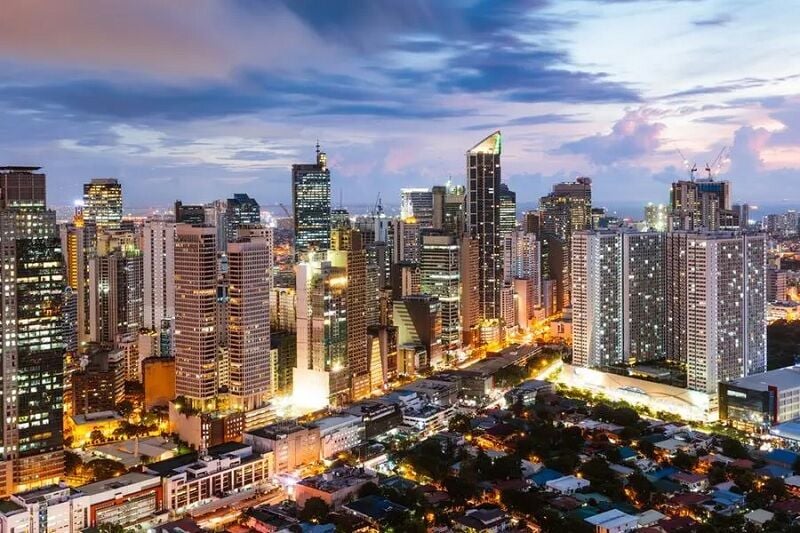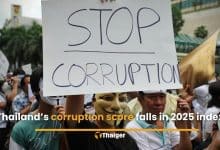Philippines ranks in top 10 for coal power reliance

The Philippines has emerged among the world’s top ten economies most reliant on coal-fired power, surpassing Indonesia and China. Data from energy think tank Ember highlights the country’s growing challenges in achieving its green energy objectives.
In 2023, the Philippines saw its coal share in electricity generation increase for the 15th consecutive year. This rise comes despite the nation’s goal to reduce coal dependence to less than half of its total power output by 2030.
Ember’s data revealed that Kosovo had the highest coal dependence in 2023, with 88.21% of its electricity generated from the polluting fuel. Mongolia, South Africa, India, and Kazakhstan followed, with the Philippines ranking seventh on the list.
Coal accounted for 61.92% of all electricity generated in the Philippines in 2023, up from 59.07% in 2022. This represents the most significant increase in coal dependence since 2016.
The Philippines aims to double its solar energy additions and triple its wind capacity by 2030. The country is particularly focusing on the rapid development of offshore wind farms.
Despite surpassing Indonesia, which ranked eighth, in coal dependence, coal remains Indonesia’s preferred fuel for power generation.
China fell out of the top ten in 2023, thanks to a surge in renewable energy adoption that reduced coal’s share in electricity generation. However, China remains the largest overall generator of coal-fired power, with India in second place, said Ember.
“Both Indonesia and the Philippines lag behind other countries in the ASEAN region in their wind and solar deployment.”
The high costs associated with boosting renewable capacity have been a significant hurdle for both Indonesia and the Philippines.
Indonesia has become the world’s fifth-largest generator of coal-fired power, growing its output at an average rate of 7.1% over eight years. This growth allowed Indonesia to surpass South Korea for the first time.
Ember reported that this ascent included surpassing Australia in 2018, Germany in 2019, Russia in 2020, and South Africa in 2022.
The Philippines’ continued reliance on coal highlights the pressing need for substantial investments in renewable energy infrastructure to meet its 2030 targets, reported Bangkok Post.
Latest Thailand News
Follow The Thaiger on Google News:


























